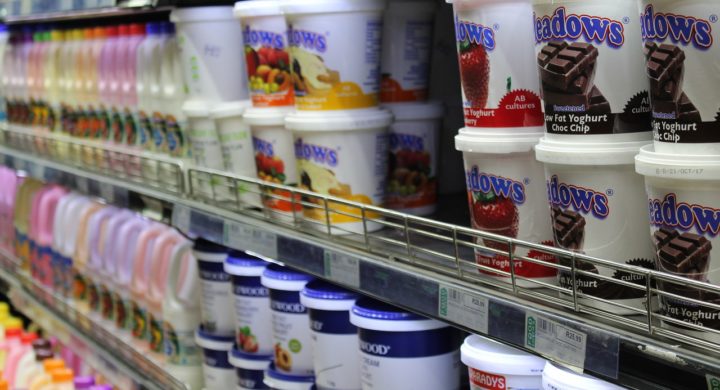Probiotics Simplified
What are Probiotics?
We relate all bacteria to germs and diseases, but not all bacteria are bad. In fact, our body is made up of millions of bacteria most of which are integral to our existence. An article published by Harvard Medical School states that an estimated 100 trillion microorganisms belonging to 500+ different species live in every well-functioning and healthy bowel.
Bacteria can be both good and bad. Probiotics are yeast or bacteria that are good for your health. They are very helpful for your digestive system. Our bodies are full of both good and bad bacteria. Probiotics are the good bacteria that keep our gut healthy and live in our digestive tracts.
Common Types
Two of the most common types of probiotics are as follows:
LACTOBACILLUS
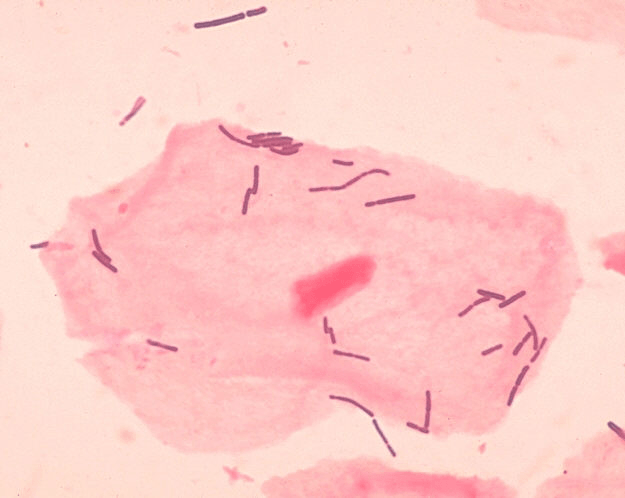
By Photo Credit: Janice CarrContent Providers(s): CDC/Dr. Mike Miller – This media comes from the Centers for Disease Control and Prevention‘s Public Health Image Library (PHIL), with identification number #1048.Note: Not all PHIL images are public domain; be sure to check copyright status and credit authors and content providers., Public Domain, Link
Lactobacillus is found in yogurt, dark chocolate, Miso soup and other fermented foods. It is one of the most common probiotics. It is good for people who are lactose intolerant i.e. the people who cannot digest the sugar in Milk. Lactobacillus has helped with vaginal yeast infection caused by antibiotics and Crohn’s disease. Bacterial overgrowth in the intestines is another ailment probiotics help.
BIFIDOBACTERIUM
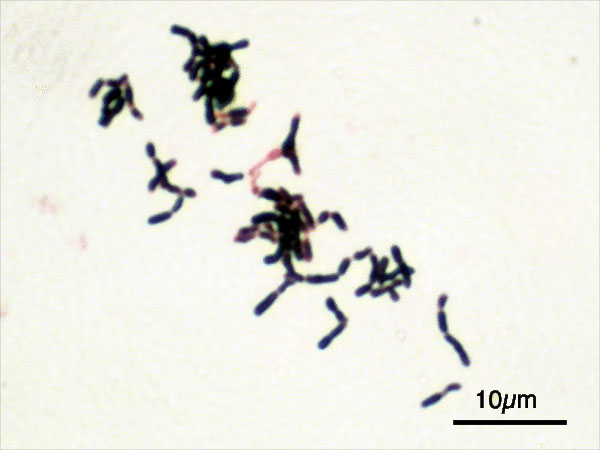
By Y tambe – Y tambe’s file, CC BY-SA 3.0, https://commons.wikimedia.org/w/index.php?curid=673764
Bifidobacterium is found in yogurt, sauerkraut, cheese, and some other dairy products. They’re good for digestive problems such as irritable bowel syndrome (IBS) and other conditions. Bifidobacterium is believed to support the immune system. It may also limit the growth of bacteria in the intestines and help in the digestion of lactose.
Why are Probiotics important?
Probiotics help us fight against many common digestive problems. They also help in improving some of the other essential functions in our body such as:
- Detoxification
- Absorptions of vitamins and minerals
- Weight loss
- Mental health
Due to all the functions mentioned above, it is important to nourish our body’s probiotics.
Natural Sources of Probiotics
Mentioned below are some of the best natural sources of probiotic foods that you can add to your diet:
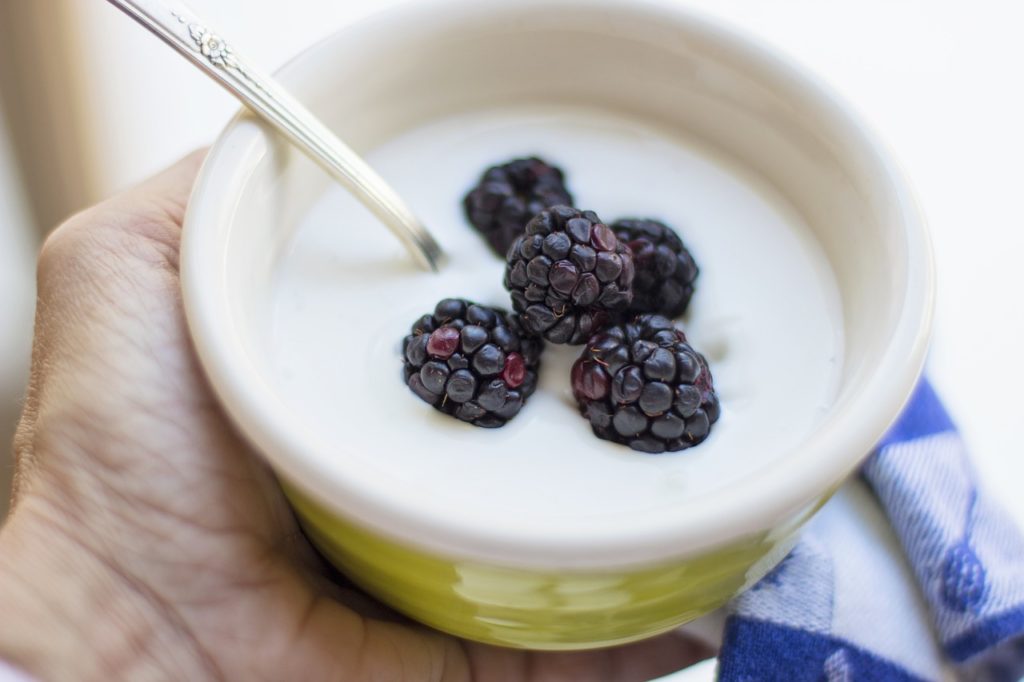
One of the source of probiotics is yogurt. Homemade yogurt is the best option. If you want to buy it off the shelf, look for brands that offer yogurt made from goat milk. Goat’s milk is a rich source of vitamins, minerals and probiotics.
However, be careful not all off-the-shelf yogurts contain live probiotics. For this reason, look for yogurt with live or active culture to ensure your yogurt is rich in probiotics.
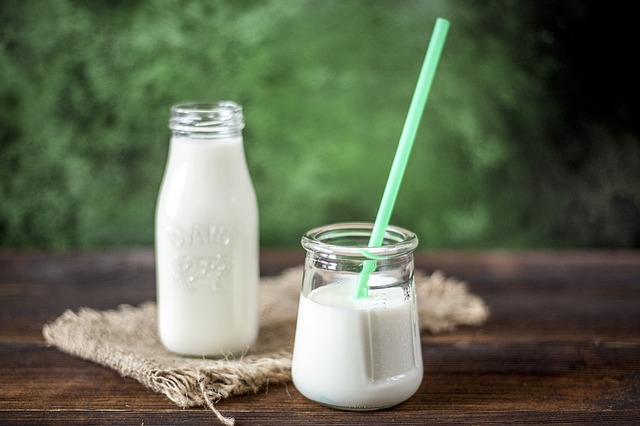
Kefir is another source of probiotics. It is made by adding kefir’s grains to cow’s milk or goat’s milk. Drinking Kefir improves bone health, reduces digestive problems, and strengthens immunity. Kefir is loaded with many strands of different bacteria and yeast making it a strong and potent source of probiotics.
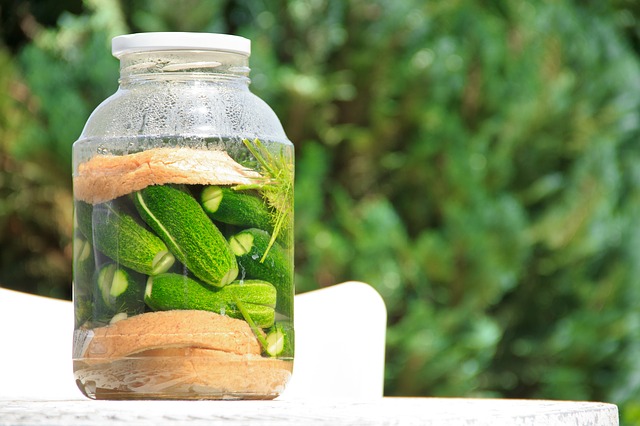
Pickled cucumbers are another good source of probiotics that are great for dealing with digestive problems. Pickled cucumbers made in vinegar do not contain probiotics. Cucumbers must be pickled in salt and water, and then fermented using their own bacteria to preserve their probiotics.
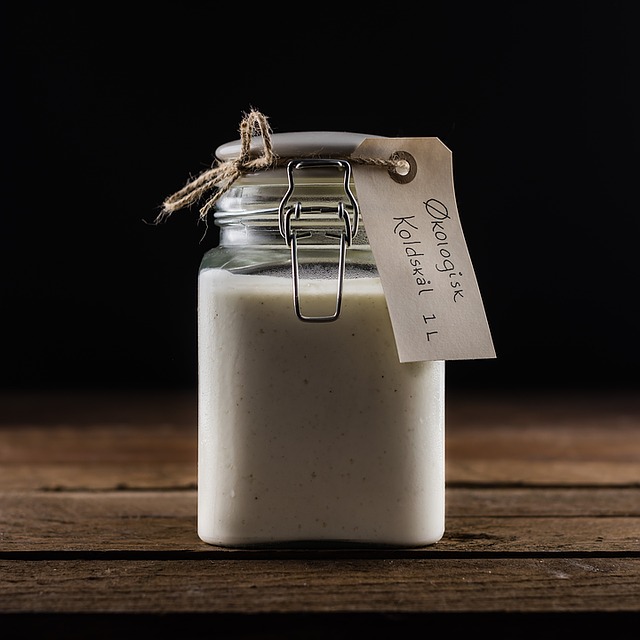
Traditional ButterMilk is the leftover liquid after making butter. It is rich in probiotics. Traditional buttermilk is also sometimes called grandma’s buttermilk.
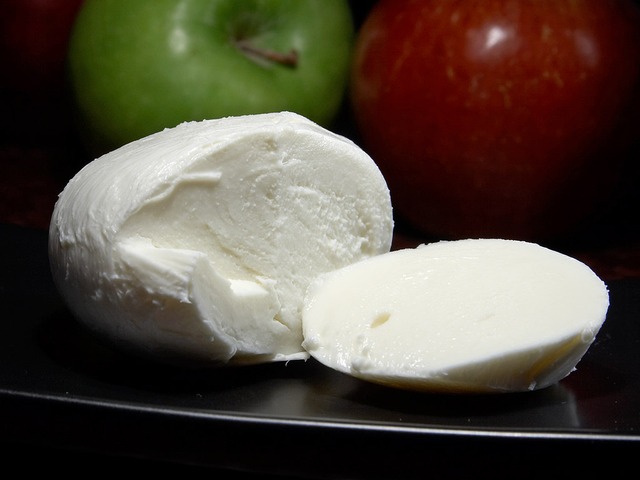
While most types of cheese pass through the fermentation process, not all of them contain live probiotics. Probiotics survive the aging process in some cheese such as mozzarella, Cheddar, and cottage cheese.
When should you use probiotics?
Natural sources of probiotics such as yogurt and Kefir should be readily included in your diet. You should have them at least twice to three times a week. The best time to take probiotics is directly before or after your meal time. This is because probiotics are live organisms and they need food to thrive just like all other living things.
However, you should be more careful with supplements. Before using probiotic supplements, you should always consult your doctor about whether they will help you or not. People that are having an immune deficiency or cancer should be careful with probiotics and consult their provider first.
What to look for in supplements?
Going with brands that provide transparency in how their product works. You want to get probiotic supplements that come in strong packaging so that more than 80% of the probiotics in the supplement reach your system safely. This will include packaging that protects the probiotic from light and heat.
The delivery system is important as well. Look to see that the manufacturer includes how the bacteria will make to your bowel mostly intact after going through an acidic stomach.
You should also look at what strains are included. I’d suggest the following:
- B. bifidum
- L. acidophilus
- L. rhamnosus
Though it is variable based on you needs and situation.
The jury is still out on the amount the supplement should contain. That said, having a supplement with over 1 billion CFU seems reasonable.
Conclusion
All in all probiotics are helpful bacteria that are present in our digestive system. Live probiotics can be consumed in the form of supplements or natural sources. Probiotics help maintain digestive health and help in strengthening the immune system.

